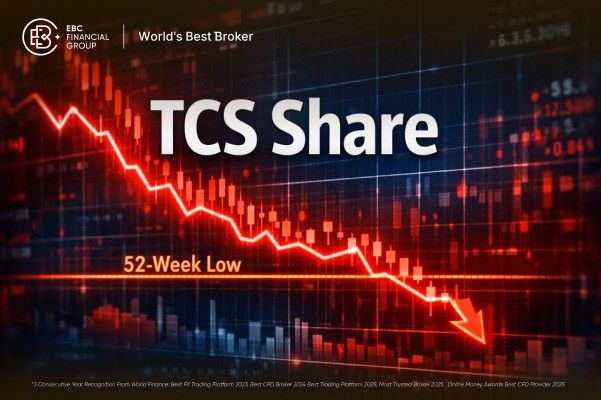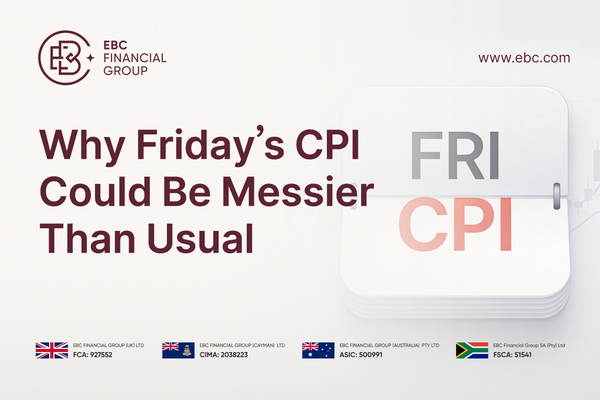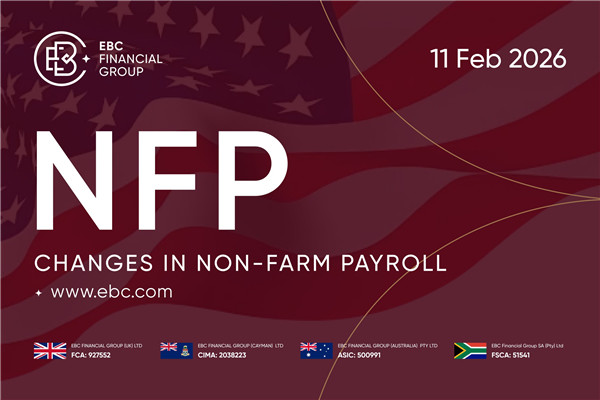Investing at a young age provides a unique opportunity to secure financial freedom, build long-term wealth, and develop disciplined habits that can last a lifetime. By starting early, individuals can take full advantage of compounding, higher risk tolerance, and consistent investment strategies.
This article explores in detail the benefits of investing young, practical steps to begin, and answers frequently asked questions to guide aspiring investors.
The Advantage of Starting to Invest at a Young Age
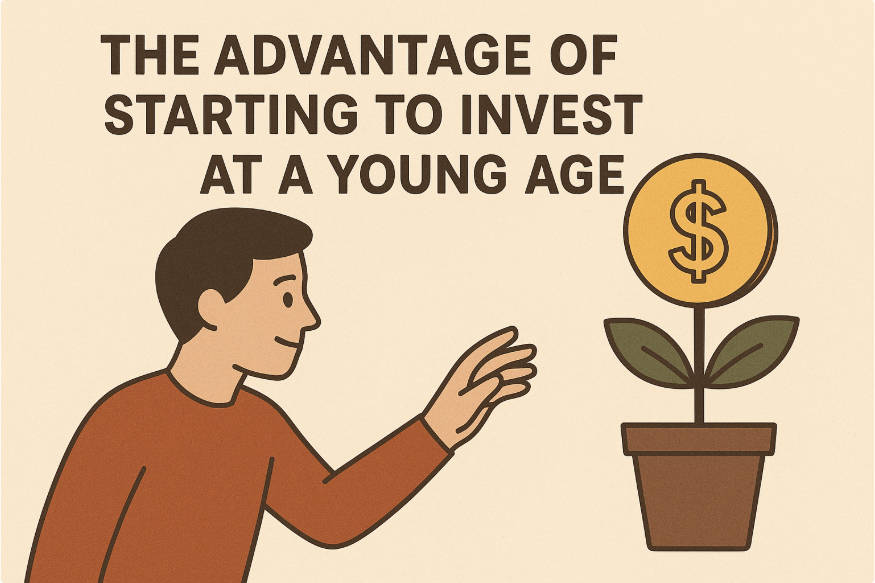
Time is the most powerful ally for young investors. The earlier you start investing, the more opportunity your money has to grow through compounding. Compounding occurs when the returns earned on an investment themselves generate further returns over time. This creates an exponential growth effect that cannot be replicated with late investing.
For example, consider a person who invests $1.000 annually at an 8 percent annual return. Table 1 illustrates how starting at different ages affects total wealth by age 65.
Impact of Starting Age on Investment Growth
| Starting Age |
Annual Investment |
Annual Return |
Wealth at 65 |
| 20 |
$1,000 |
8% |
$278,000 |
| 30 |
$1,000 |
8% |
$127,000 |
| 40 |
$1,000 |
8% |
$55,000 |
This table demonstrates the power of starting early. Even small, consistent investments at a younger age can accumulate into substantial wealth due to the extended time horizon.
Why Early Investors Benefit from Greater Risk Tolerance and Flexibility
Young investors can tolerate higher levels of risk because they have more time to recover from market fluctuations. This allows them to invest in higher-growth assets such as equities or diversified growth funds, which historically yield higher long-term returns.
Additionally, starting early provides flexibility in building a diversified portfolio. Investors can experiment with different asset classes, sectors, and geographic markets. The ability to adjust investment strategies over decades enhances long-term performance and reduces the need for aggressive catch-up measures later in life.
Developing Financial Discipline through Early Investing
Investing young helps establish habits of financial discipline, including saving regularly, budgeting effectively, and prioritising long-term goals. Early exposure to investing encourages individuals to make informed financial decisions and reduces the likelihood of impulsive spending.
Mistakes made at a younger age are less damaging. Investors have the time to learn from errors and refine their strategies, creating a foundation of knowledge and experience that will benefit them throughout life.
How Small Contributions Lead to Big Goals When You Start Investing Early

Starting early means that smaller contributions can achieve significant long-term results. Delaying investment often requires larger sums later in life to reach equivalent financial goals. Table 2 demonstrates how early investing reduces the required monthly contribution to achieve a target wealth of $250.000 by age 65 at an 8 percent annual return.
Required Monthly Investment to Reach $250.000 by Age 65
| Starting Age |
Required Monthly Contribution |
Annual Return |
| 20 |
$250 |
8% |
| 30 |
$490 |
8% |
| 40 |
$970 |
8% |
This table highlights how starting young reduces financial pressure and allows investors to achieve goals with smaller, more manageable contributions.
Diversification, Tax Efficiency, and Growth Opportunities for Young Investors
Early investing provides greater opportunities for diversification, both across asset classes and geographic regions. Investors can spread risk while accessing higher potential returns. Long-term investments can also benefit from tax-efficient strategies, such as retirement accounts or capital gains exemptions, which amplify overall wealth.
Furthermore, young investors can take advantage of high-growth sectors and emerging markets, which may offer superior returns over decades. Early entry into these opportunities maximises the benefit of compounding and strategic portfolio growth.
Securing Financial Freedom and Reducing Life-Stage Risks through Early Investing
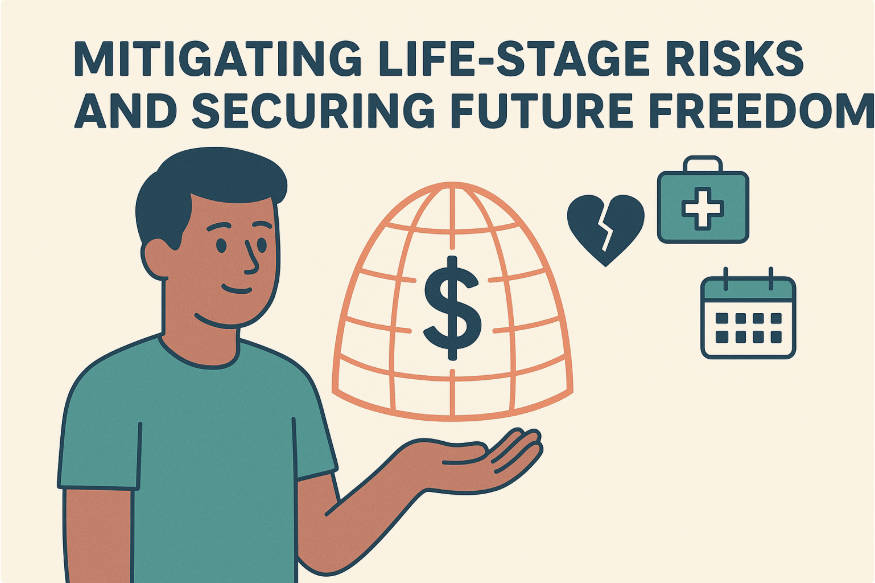
Investing early creates a financial safety net to manage unexpected life events, such as job loss, health emergencies, or major expenses. It also allows young investors to plan for future freedom, including early retirement, career flexibility, or pursuing personal passions without being solely dependent on income from employment.
The ability to plan long-term provides peace of mind, reduces financial stress, and allows individuals to focus on personal growth and lifestyle goals.
Practical Steps To Leverage The Advantage of Starting to Invest at a Young Age
Set clear financial goals for short, medium, and long-term needs.
Automate regular investments to maintain consistency.
Choose diversified growth-oriented funds while assessing risk tolerance.
Keep investment costs and fees low.
Reassess strategies periodically to align with changing goals and circumstances.
Maintain a disciplined approach and prioritise long-term outcomes over short-term market fluctuations.
By following these practical steps, young investors can maximise the benefits of starting early and position themselves for long-term financial success.
Frequently Asked Questions
Q1: Is it too late to start investing if I am already in my 30s or 40s?
While starting younger is more advantageous, it is never too late to invest. Starting later requires larger contributions and careful planning to reach similar financial goals.
Q2: How much should a young person invest?
The amount depends on income and goals. Consistent monthly contributions, even if modest, can accumulate into significant wealth over decades due to the power of compounding.
Q3: What if the market crashes? Is investing risky for young people?
Market risk exists at all ages. Young investors benefit from a longer horizon, which allows recovery from downturns while learning risk management and maintaining a diversified portfolio.
Q4: Should I focus on paying off debt first before investing at a young age?
High-interest debt should be addressed first. Low-interest debt may coexist with investing if emergency savings are maintained and regular contributions are made to investment accounts.
Q5: What type of investments are best when starting young?
A: Broadly diversified equity funds and index funds are generally ideal. Long-term investment in growth assets allows young investors to benefit from market appreciation and compounding over decades.
Conclusion
Starting to invest at a young age provides a unique advantage that cannot be replicated later in life. It allows individuals to harness the full power of compounding, giving even modest contributions the potential to grow into substantial wealth over time.
By beginning early, investors can weather market fluctuations, build a secure financial foundation, and open opportunities for future independence, career choices, and lifestyle freedom.
Ultimately, investing young is not just about accumulating money; it is about creating long-term stability and empowering oneself to achieve financial confidence and freedom.
Disclaimer: This material is for general information purposes only and is not intended as (and should not be considered to be) financial, investment or other advice on which reliance should be placed. No opinion given in the material constitutes a recommendation by EBC or the author that any particular investment, security, transaction or investment strategy is suitable for any specific person.



















